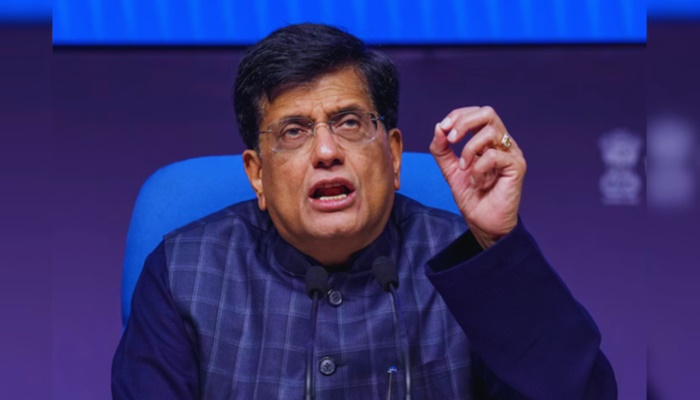Over 70% of employees in India carry at least one lifestyle-related health risk, yet only 20% of employers offer routine health screenings, according to a new report released by MediBuddy, India’s largest digital healthcare platform, in collaboration with the Confederation of Indian Industry (CII).
The findings highlight the need for a shift from episodic, event-based wellness efforts to always-on, digital-first health ecosystems that enhance productivity, support talent retention, and ensure business continuity. These outcomes are increasingly critical in a workforce landscape defined by hybrid work models, evolving employee priorities, and rising chronic health risks.
The report—titled Workplace Health Reimagined: Corporate India’s Readiness for Digital Health Leadership—is the second edition of MediBuddy’s corporate wellness survey. It reveals how employee well-being is no longer a peripheral concern but a core business strategy in India Inc., especially in the face of rising medical inflation (14%), growing chronic disease burden, and increasing demand for inclusive, preventive care.
In today’s hybrid work environment, companies are increasingly prioritising both physical and mental health while adopting continuous care models. Technology is central to this transformation, with AI-powered insights, personalised engagement, and mobile-first platforms enabling more targeted and effective healthcare delivery. India’s digital health infrastructure is rapidly scaling, supported by government initiatives such as the Ayushman Bharat Digital Mission (ABDM) and IRDAI’s push for 100% cashless insurance claims, which are accelerating the transition to integrated, outpatient-first systems.
The report highlights key health indicators, noting that non-communicable diseases now account for 63% of all deaths in India, with conditions like heart disease, diabetes, and stroke affecting working-age individuals at median ages of 32, 34, and 36 respectively. The doctor-to-population ratio remains below WHO guidelines, and 70% of India’s rural and semi-urban populations face significant barriers to diagnostics and preventive care. Further, only 41% of Indian households have health insurance, leaving more than 50 crore people—primarily gig, daily wage, and informal sector workers—vulnerable to catastrophic health expenses.
Out-of-pocket expenses continue to dominate India’s healthcare spending, accounting for 63% of total expenditure. OPD insurance penetration remains below 0.1%, a stark contrast to over 85% in the US and 95% in Singapore, despite outpatient care constituting nearly 70% of out-of-pocket health costs.
“India’s journey to becoming a Viksit Bharat by 2047 cannot rest on economic metrics alone; it must be built on the health, productivity, and well-being of its people. As we stand at this inflection point, employee wellness must no longer be seen as an optional benefit but a strategic imperative,” said Satish Kannan, Co-founder & CEO, MediBuddy.
The report outlines several challenges impacting corporate productivity and workforce well-being. Chronic illnesses and presenteeism are estimated to cost Indian employers up to ₹1.12 lakh per employee each year, while structured wellness programs have shown a 3–4x return on investment. Despite this, fewer than 20% of corporate health programs include essential diagnostics, which contribute to 60–70% of clinical decisions. Preventive screening among women is especially low, with only 1.9% undergoing cervical cancer checks. Meanwhile, just 36% of companies offer targeted wellness benefits for women, and even fewer provide eldercare or mental health support. Small and medium enterprises (SMEs), which employ over 111 million people, significantly lag in wellness readiness, with only 9% offering structured programs. Overall, India’s average Corporate Wellness Quotient (CWQ) stands at 55 out of 100, and fewer than 15% of companies are rated as having ‘Mature’ wellness capabilities.
However, the report also identifies emerging trends reshaping corporate care culture. Employee wellness is shifting from one-size-fits-all models to personalised, inclusive, and digitally enabled solutions. Employees increasingly seek benefits tailored to their individual health risks, job roles, and life stages—across domains like mental health, chronic care, eldercare, and preventive screenings. New engagement models, such as gamified health journeys, wellness wallets, and mobile-first access for dependents, are becoming differentiators. Inclusion-focused benefits are also emerging as key tools to address the evolving needs of a diverse workforce.




















